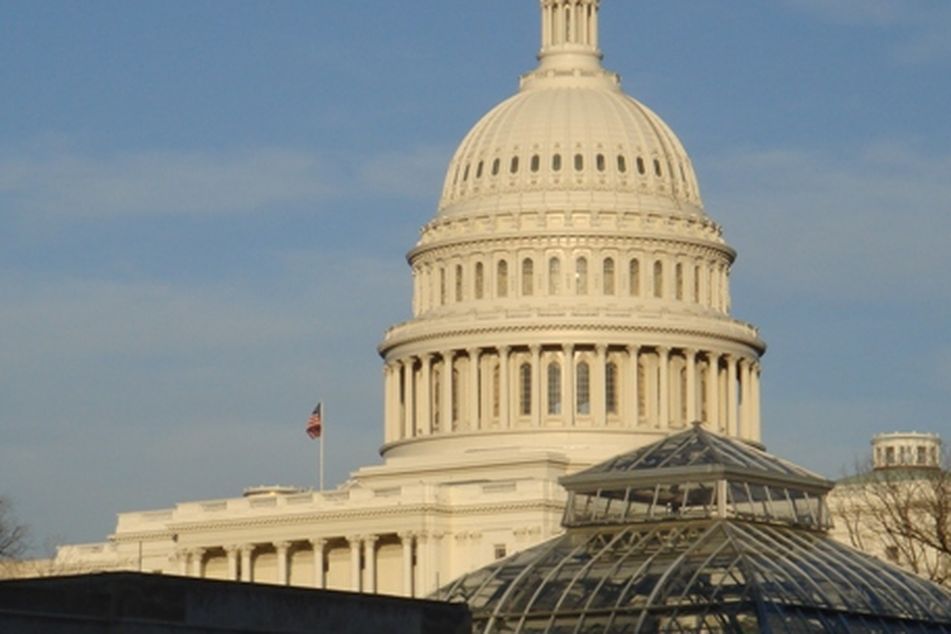‘Significant fight’ brewing over fiduciary amendments

Arlen Specter's call for criminal penalties is sure to draw fire from Republicans on the hill and lobbyists in the Senate reception room
An amendment floated this week in Congress that would impose criminal penalties on broker-dealers for violating fiduciary standards is giving senators a way to vent frustration with Wall Street.
What’s not clear, however, is the viability of the amendment.
Sens. Arlen Specter, D-Penn., and Ted Kaufman, D-Del., introduced the amendment to the financial regulatory reform bill on Wednesday. But at this point, it’s difficult to tell when fiduciary-standards amendments will come up — or if there will be much support for them.
“Everything is in flux,” said an aid for Mr. Specter who was not authorized to speculate on the record. “We’re not sure what amendments will be taken up or how.”
A major complicating factor is that the 41 Senate Republicans might insist that some amendments garner 60 votes for passage. That’s why Sen. Susan Collins, R-Maine, caused a stir last week when she indicated that she favors applying a fiduciary standard to broker dealers.
The House financial-reform bill, approved in December, would direct the Securities and Exchange Commission to write a regulation that would apply the same fiduciary standard to broker-dealers that is imposed on registered investment advisers.
The Specter-Kaufman amendment would extend the fiduciary duty to institutional clients and impose criminal penalties on broker-dealers for willful violations of the high standard of care.
Ms. Collins also is drafting an amendment, but the language has not been finalized, according to an aide. Her interest is clearly giving the issue momentum.
“When you have a Republican, it changes the dynamic,” said Gary Kalman, director of the federal legislative office of the U.S. PIRG, a federation of state public interest research groups. Nonetheless, Mr. Kalman predicts that it will be tough to strengthen the fiduciary-standards provision in the Senate bill, which merely calls for an SEC study of the issue.
“This is going to be one of the issues there will be a significant fight over,” he said. “The broker-dealers have been very outspoken on the Hill.”
Meanwhile, Ms. Collins is weighing the effect of any kind of amendment, according to Kevin Kelley, a spokesman for the senator.
“She wants to strike the right balance, however, and ensure that such language does not apply to anyone who sells any kind of financial product, which she believes is too broad an approach,” he said.
A lawyer who represents broker dealers has doubts about whether the most stringent idea — Mr. Specter’s call for criminal penalties for fiduciary violations — can be fair and effective.
“A fiduciary standard is by its nature a very high standard of conduct,” said Mark Costley, a partner at Drinker Biddle & Reath LLP. “To attach criminal liability to someone who fails to meet that high standard doesn’t seem reasonable.”
In addition, the criminal penalties should apply to investment advisers and banks as well, Mr. Costley said.
“As a matter of fundamental fairness, it ought to apply to all fiduciaries, which would make implementation of [the regulation] much more complex,” Mr. Costley said.
[To see the full version of this story, see the May 10 – 14 issue of InvestmentNews or visit the ‘Current Issue’ section of InvestmentNews.com on May 9]
Learn more about reprints and licensing for this article.








